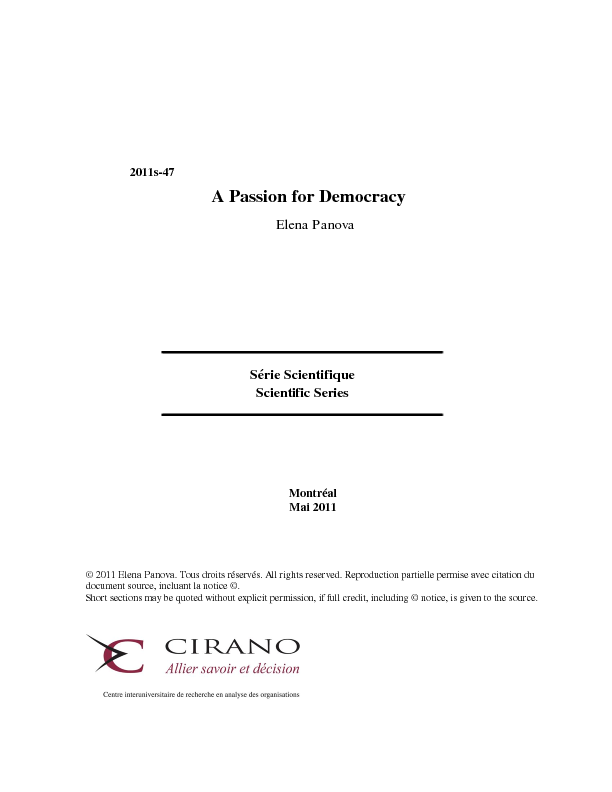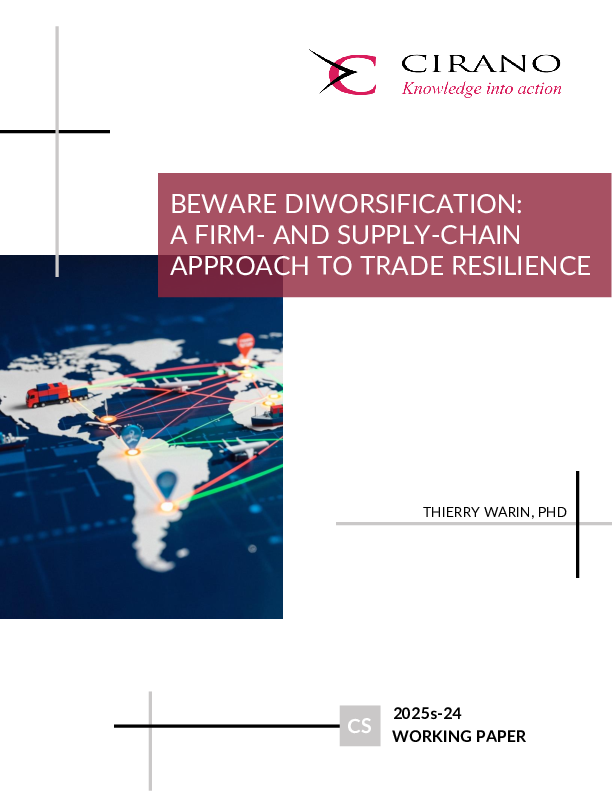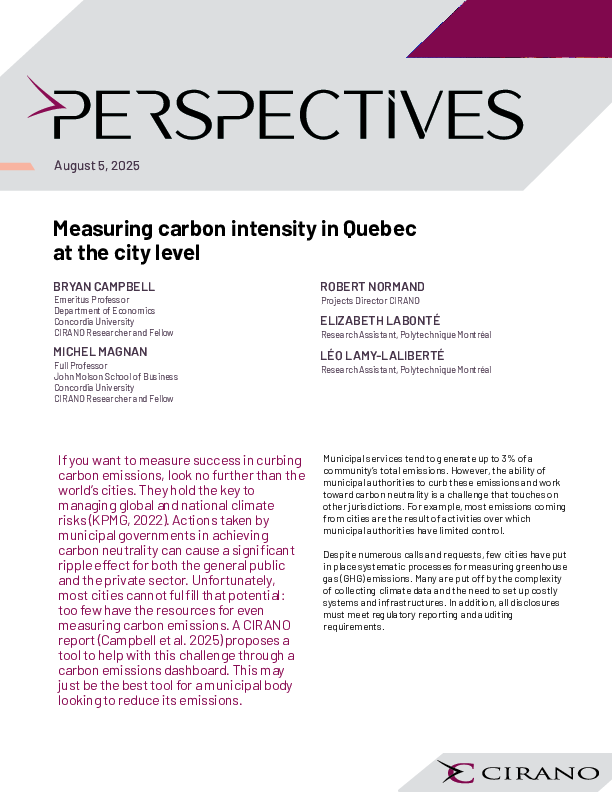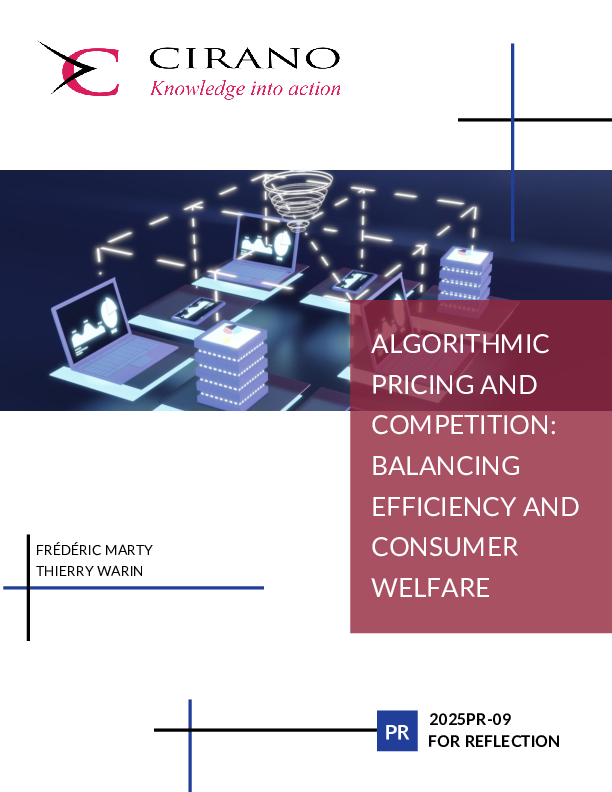A Passion for Democracy
Theories of voter turnout assume that an active voter receives a warm glow from doing a good deed to like-minded compatriots. What tells him that he is doing them a good deed by voting for this or that candidate or policy? Their own votes are naturally available feedback. We propose a dynamic model of voting with asymmetric information in which being among the majority provides a voter with a positive feedback on his voting decision, increasing his self confidence, hence, his warm glow from voting in the future. The voters who cannot tell which policy is superior, try to pool with a majority (so as to get involved in the democratic process). They vote much according to the available public information, however, without herding. We find these effects in the unique equilibrium of our voting game.
[ - ]




